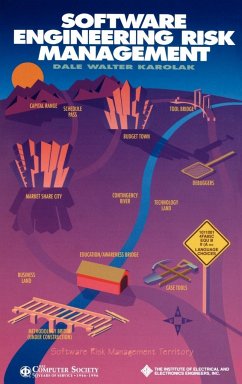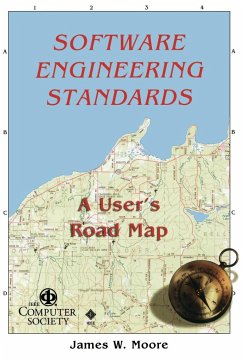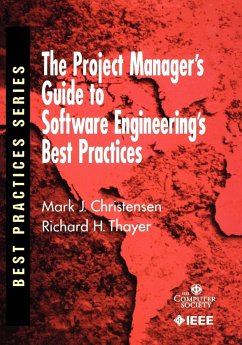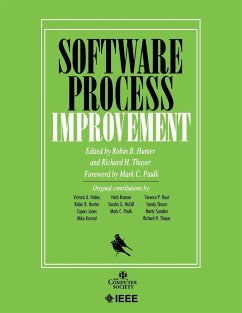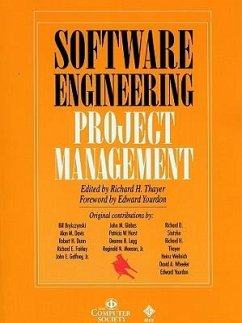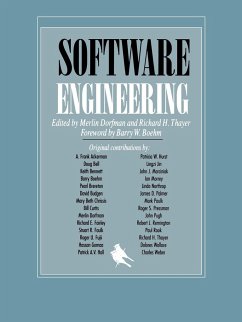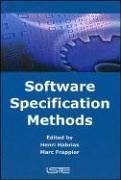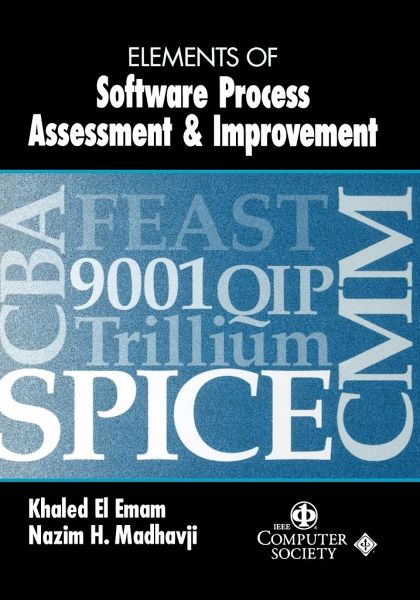
Elements of Software Process Assessment and Improvement
Versandkostenfrei!
Versandfertig in über 4 Wochen
124,99 €
inkl. MwSt.

PAYBACK Punkte
62 °P sammeln!
Elements of Software Process Assessment and Improvement reviews current assessment practices, experiences, and new research trends in software process improvement. Revised chapters expanded from articles in The Software Process Newsletter of the IEEE Computer Society Technical Council on Software Engineering, describe the improvement cycle in detail: from diagnosing an organization, establishing a business case, and changing elements within a process to final evaluation. This book's thorough examination of contemporary models evaluates an organization's processes and capabilities, covers the b...
Elements of Software Process Assessment and Improvement reviews current assessment practices, experiences, and new research trends in software process improvement. Revised chapters expanded from articles in The Software Process Newsletter of the IEEE Computer Society Technical Council on Software Engineering, describe the improvement cycle in detail: from diagnosing an organization, establishing a business case, and changing elements within a process to final evaluation. This book's thorough examination of contemporary models evaluates an organization's processes and capabilities, covers the business argument for assessment and improvement, and illustrates expected improvements and assessment reliability methods. Additional information includes application guidelines covering critical success factors including tools and techniques and important developments that enhance the reader's understanding of organizational processes in practice.







